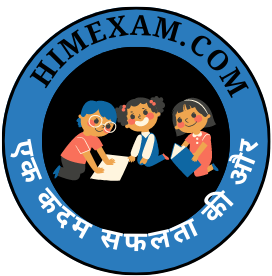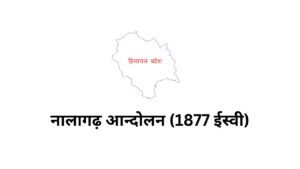Child Development & Pedagogy MCQ Set-1
||Child Development & Pedagogy MCQ Set-1||Child Development & Pedagogy Question Answer For Tet||Child Development & Pedagogy Question Answer For Tgt||Child Development & Pedagogy Question Answer For Ctet||
1. Match the Column-A and Column-B,
Column-A Column-B
A. Animal Intelligence 1. Gestalt
B. Schedule of reinforcement 2. Piaget
C. Law of pragnanz 3.Thorndike
D. Adaptation 4. Skinner
ABCD
(a) 2 4 31
(b) 1432
(c) 3 4 1 2
(d) 2 413
2. ‘Development is a never ending process. This statement is related to which principle of development?
(a) Principle of integration
(b) Principle of interaction
(c) Principle of continuity
(d) Principle of inter relationship
3. Through which Amendment of Constitution education has become Fundamental Right?
(a) 25th Amendment
(b) 86th Amendment
(c) 22nd Amendment
(d) 52nd Amendment
4. Instinct Theory of motivation was propounded by
(a) Abraham Maslow
(b) McDougall
(c)William James
(d) Simpson
5. Which of the following stages of development is called as ‘A unique stage of emotional development by Cole and Bruce?
(a) Childhood
(b) Infancy
(c) Adolescence
(d) Adulthood
6. Who gave the Theory of Multiple Intelligences?
(a) Spearman
(b) Golman
(c) Gardner
(d) John Mayor
7. Dyslexia has difficulty in
(a) expressing
(b) reading/Spelling
(c) speaking
(d) standing
8. Which of the following is not the role of teacher inclusive classroom?
(a) Teacher should not pay attention to differently abled child
(b) Make adequate scating arrangements according to the requirement of the child
(c) Teacher should devote extra time to teach learning disabled
(d) Teacher should encourage the children
9. In the class, questioning by students
(a) should be encouraged
(b) should be discouraged
(c) should not be allowed
(d) should be stopped
10. Growth of a child is mainly related to
(a) Social development
(b) Physical development
(c) Moral development
(d) Emotional development
11. Which of the following theory is also known as Theory of Reinforcement?
(a) Stimulus Response Theory
(b) Classical Conditioning Theory
(c) Operant Conditioning Theory
d) Theory of Insight
12. Which of the following stages is not the part of Bruner’s Cognitive Development Theory?
(a) Iconic stage
(b) Intuitive stage
(c) Enactive stage
(d) Symbolic stage
||Child Development & Pedagogy MCQ Set-1||Child Development & Pedagogy Question Answer For Tet||Child Development & Pedagogy Question Answer For Tgt||Child Development & Pedagogy Question Answer For Ctet||






